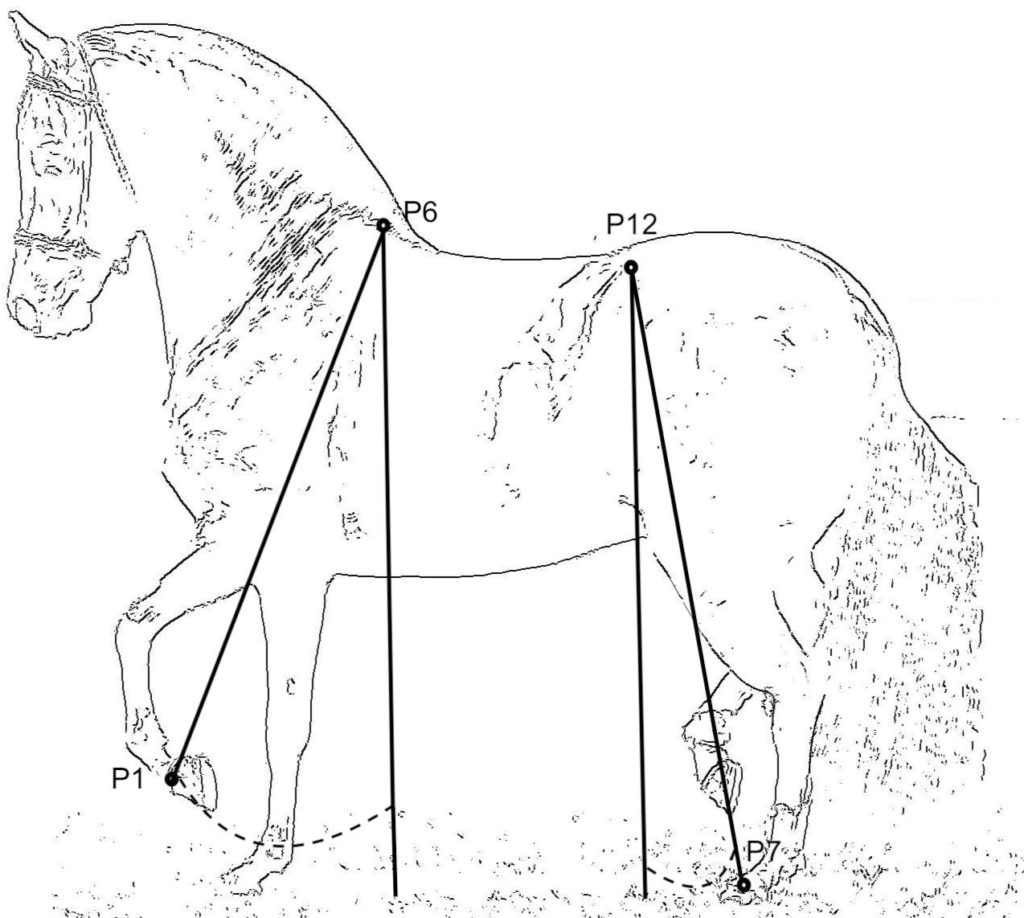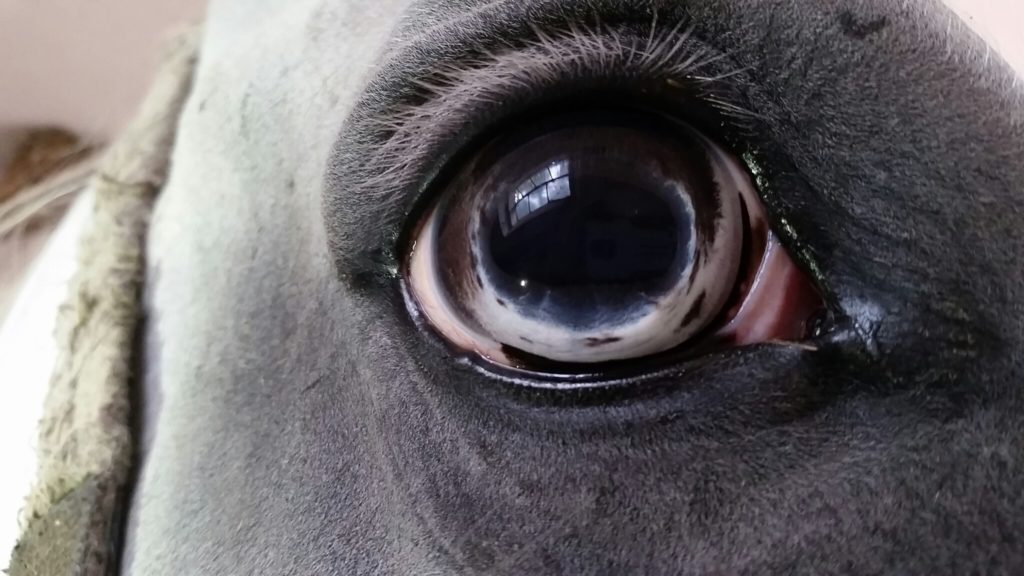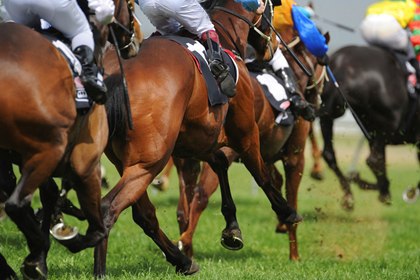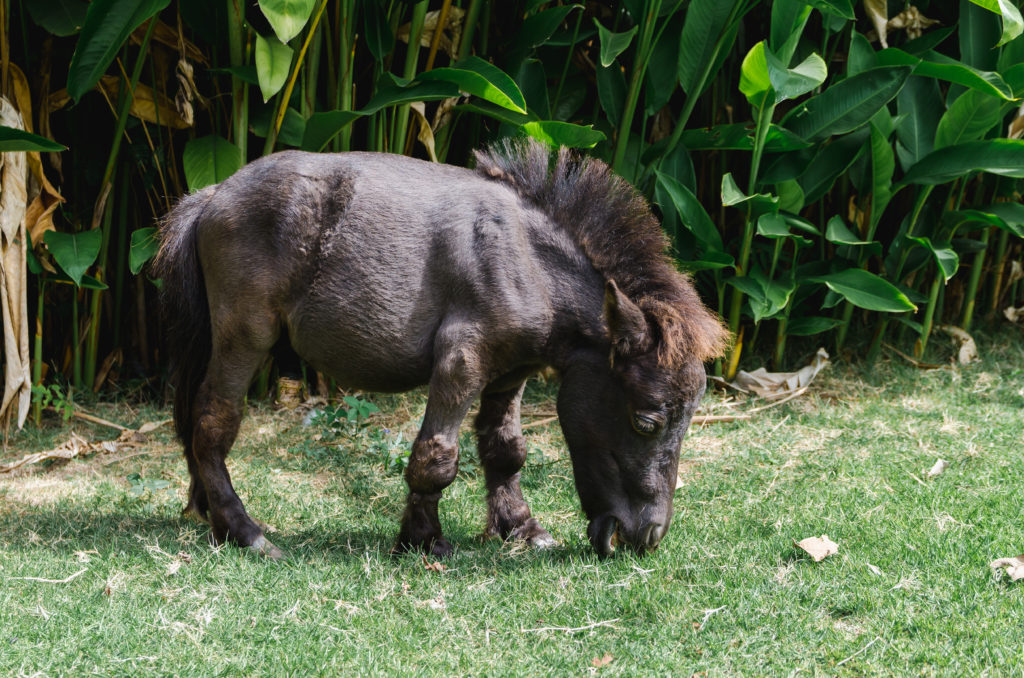
‘Motivator Gene’ Linked to Horses and Their Race Careers
The role of a behavior-related gene might explain why some Thoroughbreds start race careers while others don’t, researchers say.

The role of a behavior-related gene might explain why some Thoroughbreds start race careers while others don’t, researchers say.

While a limited gene pool hasn’t put Japanese Thoroughbreds at risk of losing genetic diversity, selective breeding and low foal numbers have, researchers in that country say. Here’s why.

Colombian Paso Finos have a unique gait most other Paso Finos don’t: the trocha. And recent study results suggest that gait isn’t genetically similar to lateral gaits in other ambling breeds like Icelandics, Tennessee Walking Horses, and pacers.

Dr. Ted Kalbfleisch’s work at the UK Gluck Equine Research Center will focus on a secondary analysis of equid genomes and transcriptomes.

Researchers recently identified the genetics behind some equine joint angles, which, they say, can impair equine performance, health, and welfare. Here’s how.

Horses of some breeds with limited gene pools are at risk of developing health issues due to inbreeding. But researchers found that this isn’t the case when it comes to eye problems in a 400-year-old Czech breed, researchers say.

A genetic study of Norwegian-Swedish Coldblooded Trotter harness racehorses revealed eight major genes likely related to their success on the track, some of which drive the horses’ abilities to learn and remember.

Is there any proof than chestnuts are more hot-blooded than horses of different colors? An equine behaviorist weighs in.

Scientists categorize dwarfism in horses as being either proportional or disproportional, but both types are caused by genetic mutations.

The Bardigiano’s small population—only a few thousand animals—has led to risky levels of inbreeding that threaten the breed’s long-term existence. But with a research-based breeding program in place, scientists believe the breed can be saved.

Dr. Sian Durward-Akhust’s research is aimed at helping veterinary professionals understand genetic variants and allow them to group genetically similar patients together, ultimately improving management options and treatment outcomes.

Little Kings Buckaroo Renaissance is new resident stallion in the Gluck Center’s parasitology research herd of Miniature Horses.

Researchers have discovered the inner workings of a known “speed gene” in Thoroughbred racehorses, which directly affects skeletal muscle growth and, in turn, race distance aptitude.

Researchers identified found mutations in the gene aggrecan—the major structural protein of cartilage associated with dwarfism in Miniature Horses.

By re-analyzing DNA from a Thoroughbred mare named Twilight using updated equipment, scientists corrected thousands of errors in the original sequence released in 2009.

Dr. Ryan Ferris explains the different meanings of “foundation mare” for a reader who owns one but isn’t sure what the term means.
Stay on top of the most recent Horse Health news with
"*" indicates required fields